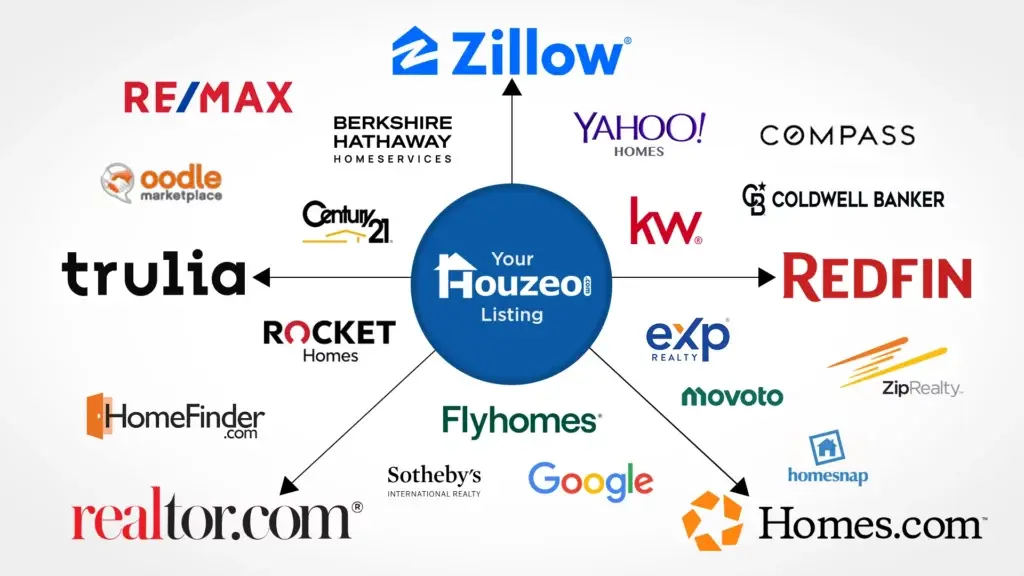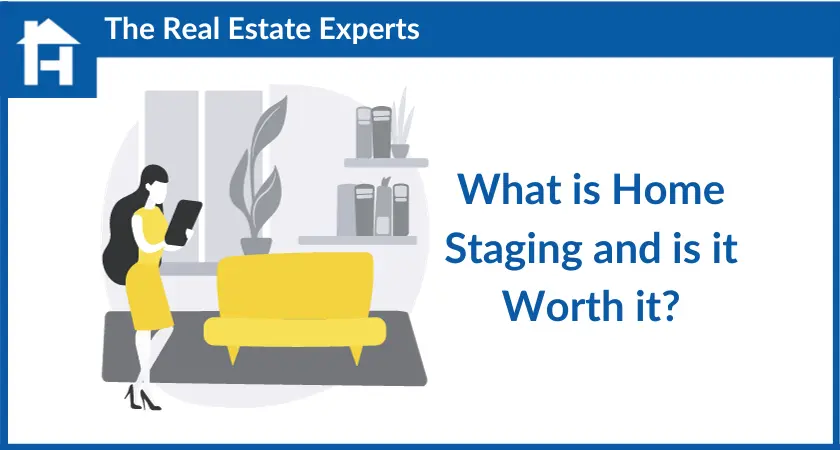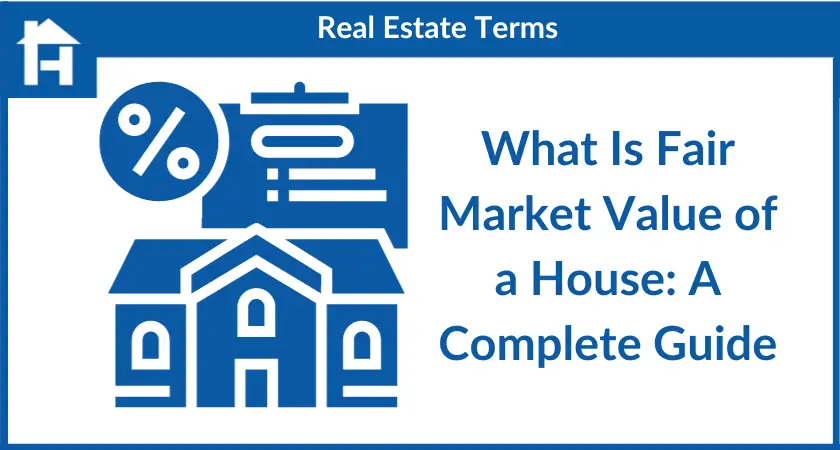Homes typically spend 70 days on the Florida market, but there’s a twist! Thanks to the sunshine, zero income tax, and unmatched Florida lifestyle, buyers keep coming back for more. The good news? Median home prices have climbed to $410,800!
So, if you want to get in on the action, now’s the time to sell your Florida home! With spring around the corner, selling in the Sunshine State can be smoother than a cruise to Key West.
7 Steps to Selling a House in Florida
For a seamless sale, just follow this step-by-step guide on how to sell your house in Florida:
Step 1: Prep Your Home for Sale
First impressions matter—especially in Florida, where you might compete against tropical landscapes and beachfront properties. So, focus on curb appeal to make your home look more presentable.
Here are 3 tips to make homes for sale in Florida stand out:
- Redo the Landscaping: Redesign your front and back yards to give them a lush, vibrant appearance. You can plant shrubs and trees that are native to Florida, like bougainvillea, hibiscus, and palm. Also, make sure the space is well-maintained.
- Repaint the House: A fresh coat of Florida-inspired colors can make your house pop. Go for shades that give beachy vibes, like soft blue, sandy beige and pastel yellow.
- Highlight Outdoor Spaces: Stage your porch, pool, patios and balconies with stylish outdoor furniture and decor. Homebuyers in Florida are generally drawn to outdoor living, so aim to make a solid first impression.
Step 2: Stage Your Home and Click Photos
A well-staged home can shine like the Florida sun, and attract buyers like moths to a flame. While traditional home staging is always an option, you can try virtual home staging to stage your home digitally.
Follow these tips to stage your home:
- Declutter and Clean the House: The cleaner your home looks, the better. Empty the garage, clean the roof and pressure-wash the driveway to achieve this look.
- Showcase Practical Features: Homebuyers in Florida prioritize safety and sustainability. So, highlight any hurricane-resistant windows, impact doors, or energy-efficient appliances.
- Focus on Spacious Living Spaces: Buyers prefer large windows, natural lighting and airy rooms. If your home offers these features, make sure to emphasize them in your staging.
- Include a Home Tour Video: Home listings with videos get 403% more views than those without it. So, make a video that shows your property in the best light!
Step 3: Decide How to List Your House
If you’re wondering how to list your house on the MLS in Florida, you have multiple options! Here are 3 options most sellers go for:
- Full-Service Realtors – Up to 6%: These Realtors provide various services from list to close, but charge a hefty 5% to 6% real estate commission in Florida.
- Flat Fee MLS – $249: If you want to sell your home yourself, you can list on MLS in Florida for a flat fee. With Houzeo, your home can be on the MLS for just $249. It will also appear on Florida’s top FSBO sites.
- Discount Real Estate Brokers: These brokers charge a lower fee than traditional agents, and offer services like contract reviews and negotiation assistance. Discount real estate brokers in Florida charge between 0.5% and 2% as commission.
➡️ Related: How to Sell a House by Owner in Florida?
Step 4: Price Your Home Competitively
In Jan 2025, 21.7% of homes in Florida sold with price drops. Inaccurate pricing forces properties to to stay longer on the market. It’s important to understand market trends to know how to price your home.
Here’s how to avoid overpricing your property:
- Check Florida Housing Market Trends: Overpricing will leave your home sitting on the market longer than a snowbird overstaying winter in Boca Raton. Reviewing the latest trends of Florida home prices will help you set a competitive listing price that aligns with market conditions.
- Use Online Home Valuation Tools: Price your home high, and it spends more days on market. Price too low, and you’re at a loss. Use our free home value estimator to calculate your home’s Fair Market Value.
- Get a CMA: A Comparative Market Analysis helps you understand your home’s worth based on its features and location. With your listing agent’s guidance, you can then quote the right price.
Step 5: Handle Showings and Manage Offers
Once your home listing is active on your local MLS in Florida, buyers and agents will visit it and make offers. Here’s what to do next:
- Actively Manage Showings: Promptly accept and confirm any showing requests. Remember to create a good impression. Don’t cancel scheduled showings at the last moment, communicate clearly about clashes, and be a pleasant host.
- Host an Open House: Even a luxuriously-staged home can get lost like shells in the sands of Clearwater Beach. Consult your agent and announce an open house to attract buyers.
- Review and Counter Offers: If you only get one offer, you might have to reduce your asking price. But if many buyers show interest in your home, you can either negotiate or choose the highest and best offer.
Step 6: Ensure Your Home Is Inspection-Ready
A home appraisal is the fair valuation of a house. Buyers conduct your home’s appraisal to ensure that they aren’t paying more than your home’s FMV.
Your home’s condition largely affects your home’s appraisal. Buyers also conduct a home inspection to examine the structural and functional aspects of your home. Here are some common home inspections, so you’re well-prepared:
| Type of Inspection | What Is Inspected? |
| Roof Inspection | This inspection helps to examine mold, water leakage, structural damage, etc. |
| HVAC Inspection | Heat, ventilation, and air conditioning systems are tested in this inspection. |
| Plumbing Inspection | It involves the inspection of pipelines, sewage lines, sinks, toilets, and more. |
| Electrical Inspection | It identifies faulty electrical wiring, overloaded circuits, or a lack of earthing. |
| Foundation Inspection | This inspection includes checks for cracks, mildew, damaged floorboards, etc. |
| Mold Inspection | It looks for the presence of mold in the house, identifies what type it is, and suggests ways to deal with it. |
Step 7: Prepare for Closing Day
Closing day can be emotional, but don’t overlook the formalities. Just follow these final steps and you’ll be good to go:
- Gather All Documents: Before you sell a house in Florida, keep the paperwork for selling a house by owner ready. This includes the Affidavit of Title, Deed, Purchase Agreement, Tax Records, Settlement Statement, 1099-S Tax Form, etc.
- Prepare to Move Out: Pack up your belongings and get ready to bid your home goodbye.
- Transfer Ownership: You have to sign the escrow paperwork, title deed, and other documents to transfer ownership to the buyer. Then, the title company or escrow transfers their funds to you. The buyer’s name is then registered in the public record.
- Closing Costs: The cost of selling a house in Florida includes taxes on selling a house, like Transfer Tax and Property Tax (each around 1-3%). Closing costs for sellers in Florida also consist of HOA, real estate attorney, and home warranty fees.
Selling a Home in Florida Near You
| City | Selling a House in Florida Near You |
| Jacksonville | Sell My House in Jacksonville |
| Miami | Sell My House in Miami |
| Tampa | Sell My House in Tampa |
| Orlando | Sell My House in Orlando |
| Fort Lauderdale | Sell My House in Fort Lauderdale |
Should I Sell My Home in Florida Now?
Yes! If you follow the right process and use the best strategies, you can successfully sell a house in Florida. If you stage it well, choose to list for a flat fee, and price it right, you’re all set for a great home-selling experience.
Remember, selling your home in Florida can be exciting, rewarding, and worth the planning—just like a day trip to Disneyland!
























